Pause carousel
Play carousel
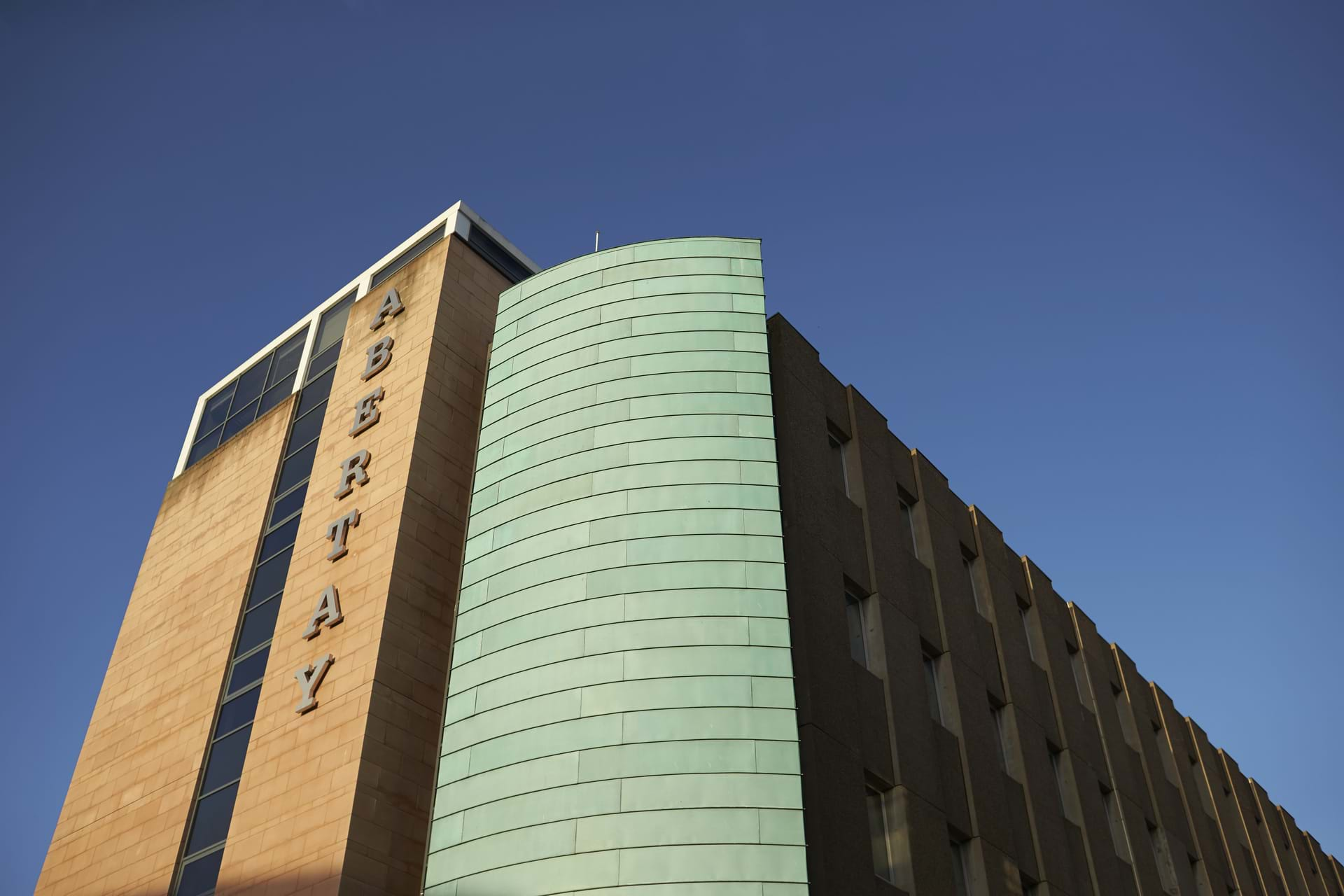
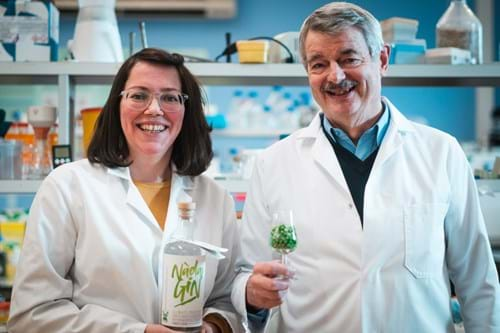
Nàdar Gin was created after five years of research between Abertay University and the James Hutton Institute in partnership with Arbikie Distillery.
Created by Arbikie’s Master Distiller, PhD student Kirsty Black, each 700ml bottle of Nàdar has a carbon footprint of -1.54 kg CO2e (carbon dioxide equivalent), meaning it avoids more carbon dioxide emissions than it creates!
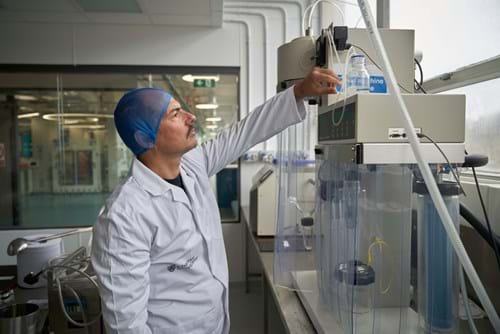
Our scientists have taken the lead on a £1 million project to create a porridge from insects to tackle malnutrition in Zimbabwe.
We’re aiming to turn mopane worms, which are delicacy in Zimbabwe, into a sustainable food source.
The worms are best known in the UK for being used in bushtucker trials on TV show I’m a Celebrity.
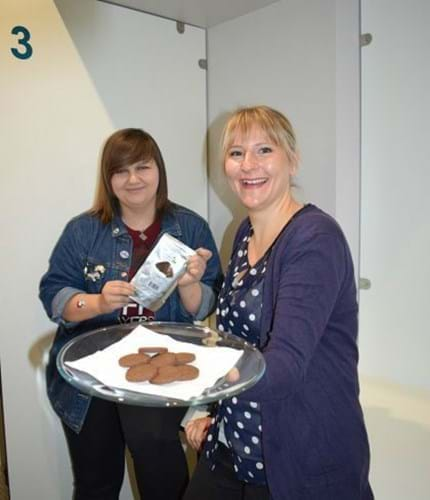
Three of our Masters Students created biscuits from the bodies of ground up crickets and put them to a public taste test.
The biscuits were baked with cocoa powder and a hint of orange to make them appealing to consumers.
The project aimed to find out what it would take for Scots to accept insects as a legitimate source of nutrition.
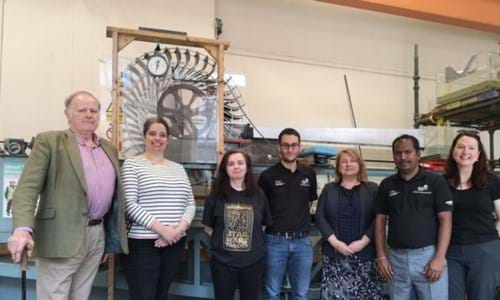
We worked with Perth-based Carruthers Renewables to help create a new water wheel – which achieved the first new patent for such a device in 138 years.
The wheel can be used to create electricity from rivers and waterfalls that have as little as a five meter drop in height – something that was previously deemed unprofitable due to the high cost of turbines for small bodies of water.
It’s hoped the wheel will be used to give those without access to electricity a reliable power source.
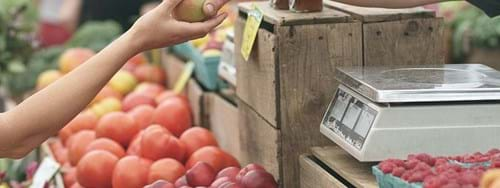
We challenged 80 of our third-year Business Management students to analyse Dundee’s Food sustainability issues in our drive for net-zero.
The project was announced as Dundee was named as one of five places in Scotland to become a UK sustainable food place.
The findings will be used to inform how the city can work towards being recognised for food sustainability.
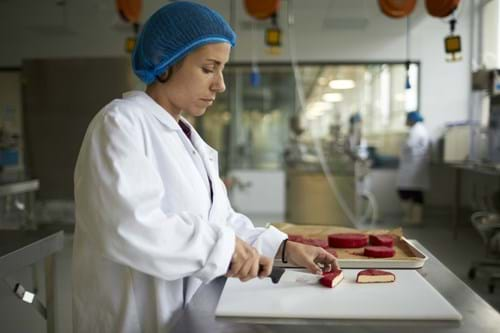
Abertay is taking the lead on a £670,000 project to help innovate in Scottish low carbon food and drink production.
Transforming Net-Zero sees all of our academic schools come together to advise SMEs on energy use, carbon sequestration and new water technologies.
A report by Zero Waste Scotland had previously revealed Tayside businesses could save millions by adopting a more circular economy.
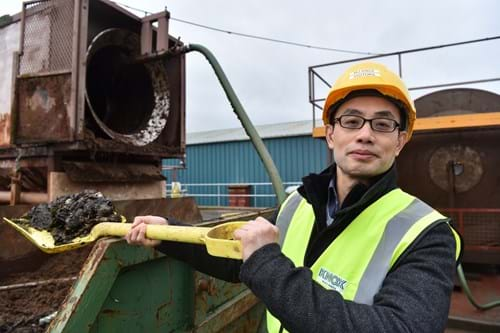
Abertay entered into a two-year Knowledge Transfer Partnership with Scottish fishing net manufacturer W&J Knox Ltd.
The project involved tonnes of excess oil and protein which was salvaged from the nets being turned into feed for livestock such as fish, pigs and chickens.
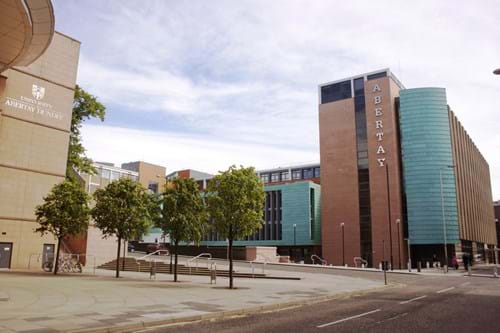
Abertay has been announced in the top tier of UK Higher Education institutions for sustainable transport by the EV University League.
Abertay was one of just 10 institutions to receive the top ranking in the five-tier system.
The A+ League is reserved for universities which show exceptional infrastructure and commitment to eco-friendly transport practices, promoting sustainability for staff and students.
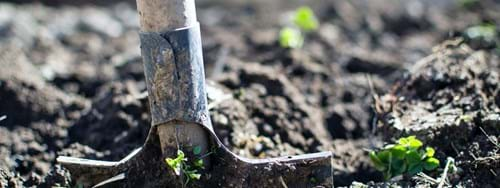
Researchers from Abertay worked with the James Hutton Institute and Farmer see what benefit adding crushed basic silicate rocks would have in improving soil diversity.
Researchers found that adding the rocks to soils improved biodiversity in the soil which helped increase carbon capture whist increasing nitrogen and phosphorous levels to benefit plant life.
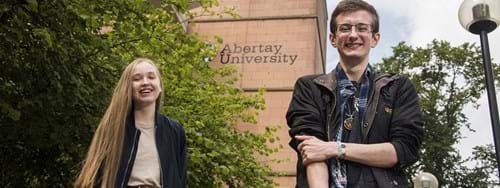
Four of our gaming students have partnered with SSE Thermal to create a game about carbon capture in the energy sector.
The game will be exhibited at the COP26 climate conference to educate the public on the technology.
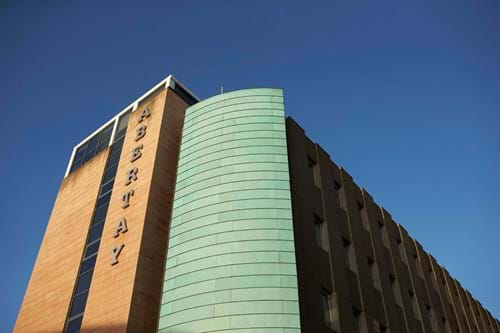
No one can tackle the climate emergency alone – so it’s important everyone does their part to protect the planet.
That’s why we’ve teamed up with a range of Tayside institutions including V&A Dundee and Discovery point to form the Tayside Climate Beacon.
The beacon has been operating in the run-up to COP26 to provide a physical and virtual space for institutions to collaborate to respond to the local climate needs of the Tayside region.